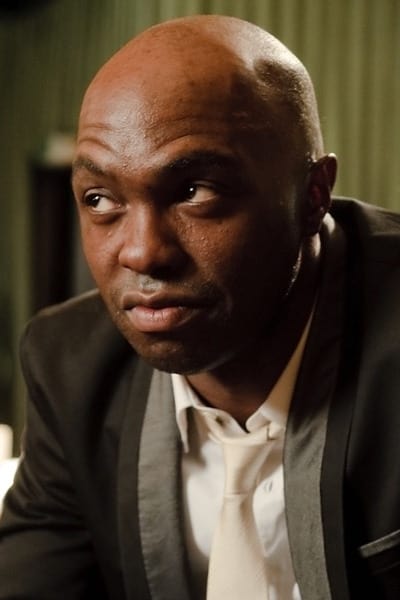
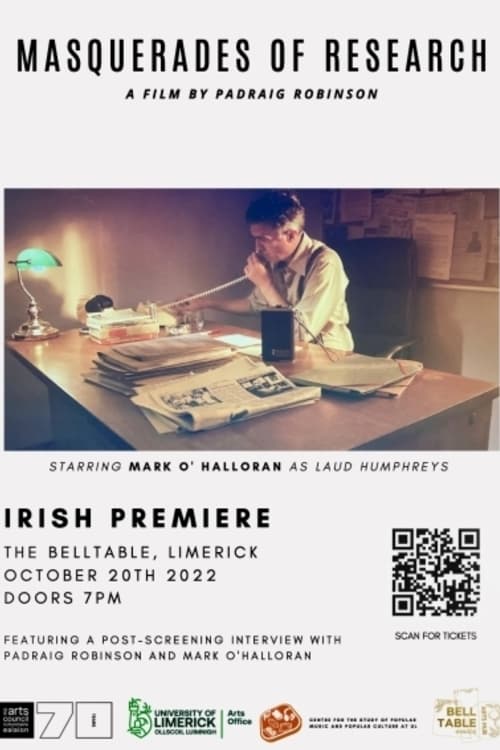
The two-part feature film 'Masquerades of Research: Part I and II' is a fictional biography of pre-queer sociologist Laud Humphreys, author of the infamous book 'Tearoom Trade: Impersonal Sex in Public Places' (1970, 1975). Part I begins in St. Louis in 1967 in a pre-Stonewall and pre-Watergate USA, exploring the impetus behind Humphreys “Sociologist as Voyeur” research method — a still radical gesture and one of the first in the Western canon to turn the ethnographic gaze back onto the hypocritical conservative mindset that created it. Why can’t statistics be avant-garde? Part II begins in his Californian office in 1975, where we find Humphreys sweating in a radically different USA on the cusp of republishing 'Tearoom Trade'. Its relevance to contemporary discussions of intimacy, social presentation and data control is delicately carried by visual intensities and rich performances that keep as many secrets as they give away.
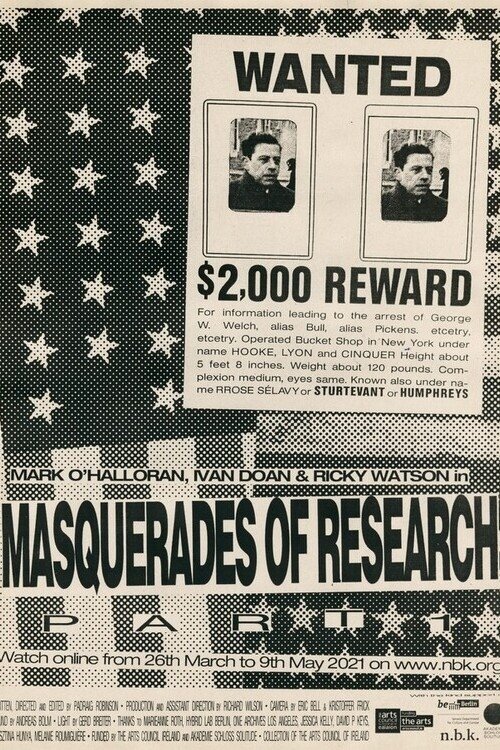
A dialogic character study exploring the broader social impetus of Laud Humphreys’ infamous 1968 dissertation in Sociology, Tearoom Trade. The study was based on observations made in public restrooms in St. Louis, colloquially called "tearooms", where homosexual men of different socioeconomic classes engaged in sexual contact. With his controversial research methods, in which he observed sexual acts as a voyeur, or so-called watchqueen, and conducted interviews, Humphreys deliberately broke with the ethical protocols of science. The film explores Humphrey’s intentions and the context of his research as well as the personal and professional impact of the study on Humphrey’s career.
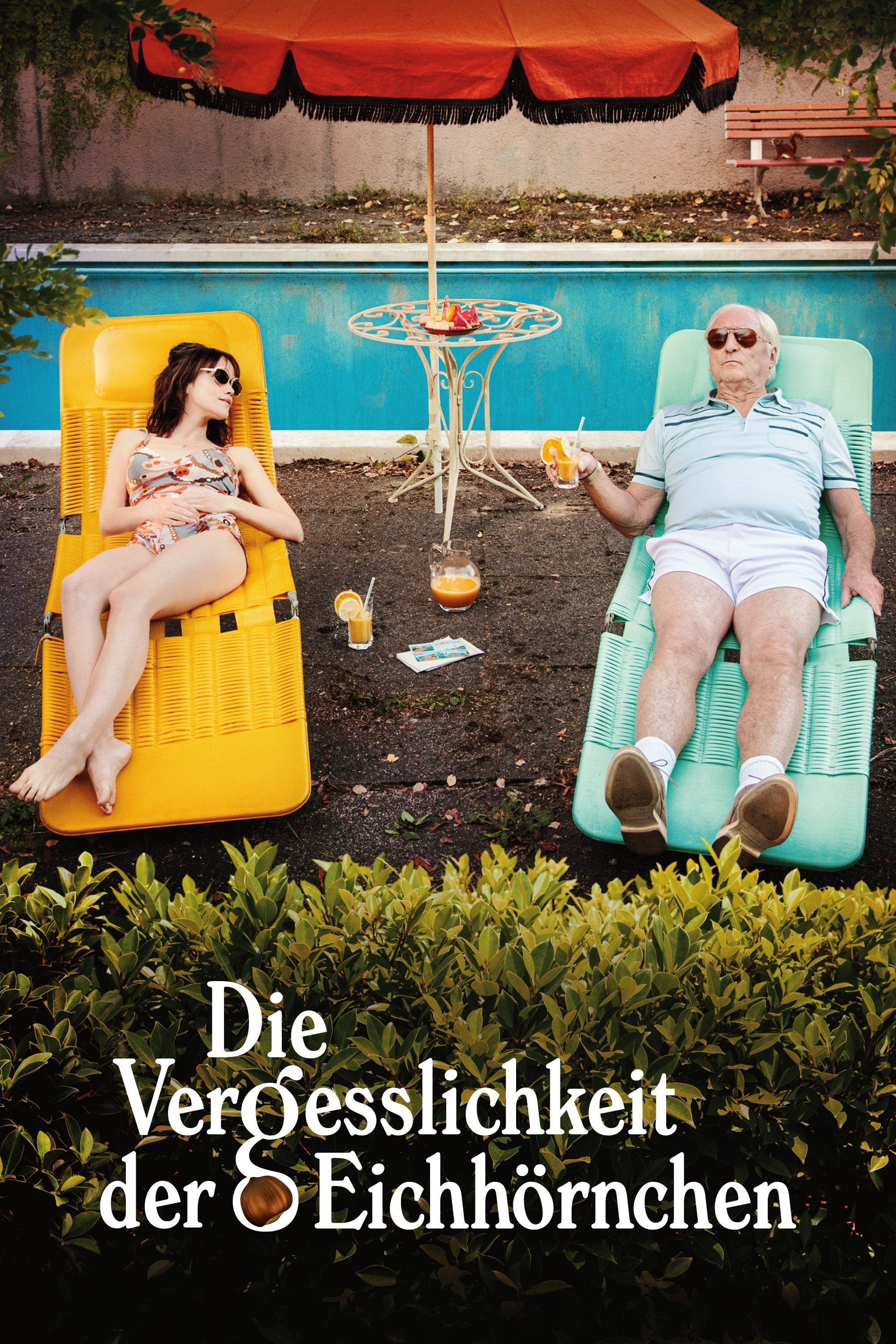
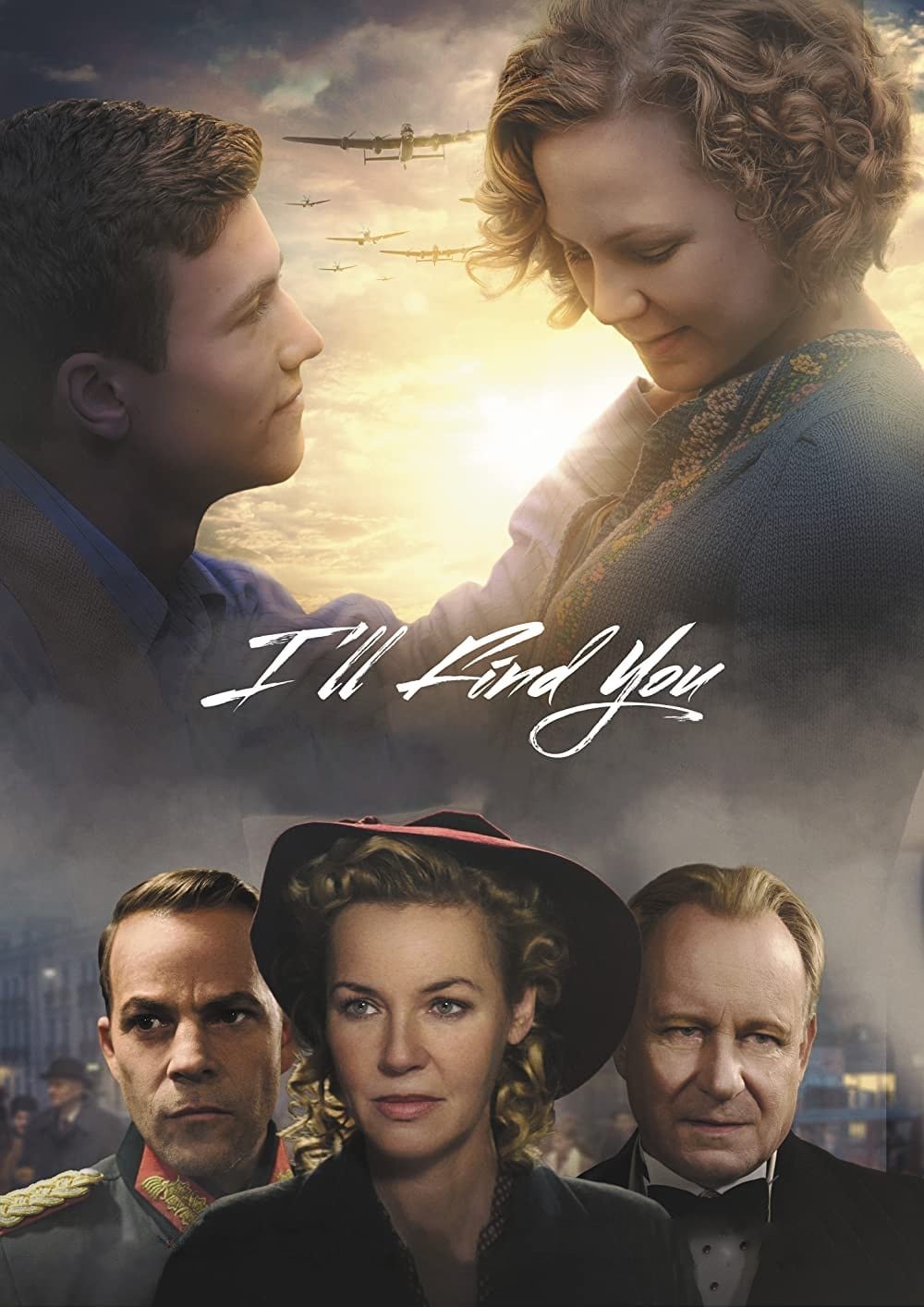
Inspired by stories of Polish musicians from the 1930s and 40s. Two young lovers, Robert, a Catholic opera singer, and Rachel, a Jewish violin virtuoso, dream of one day performing together at legendary Carnegie Hall. When they're torn apart by the German invasion of Poland, Robert vows to find Rachel, no matter what the war may bring. His search leads him on a life-threatening journey through the heart of Nazi Germany, to a reckoning that Rachel may be lost to him forever.

The inspiring true story of Eleanor Riese, a mental illness patient herself, who brings a class action suit to give competent mental patients the right to have a say in their medication while they’re in a hospital, and Colette Hughes, the lawyer appointed to her case.
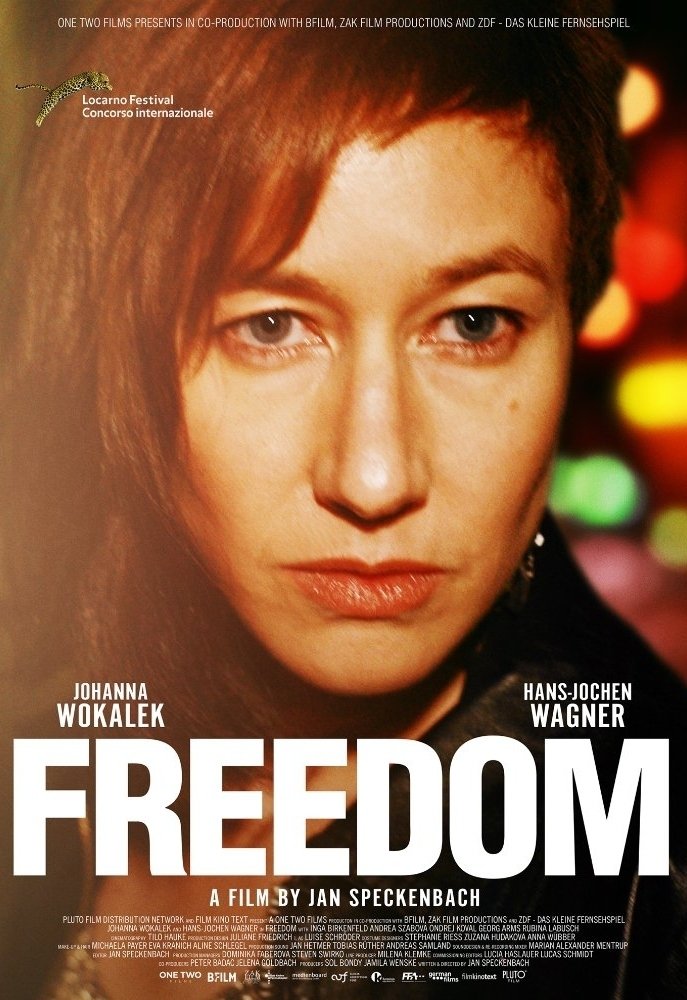
Nora walks out on her husband Philip and their two children without a word of explanation. She’s driven by an irresistible force. She wants to be free.
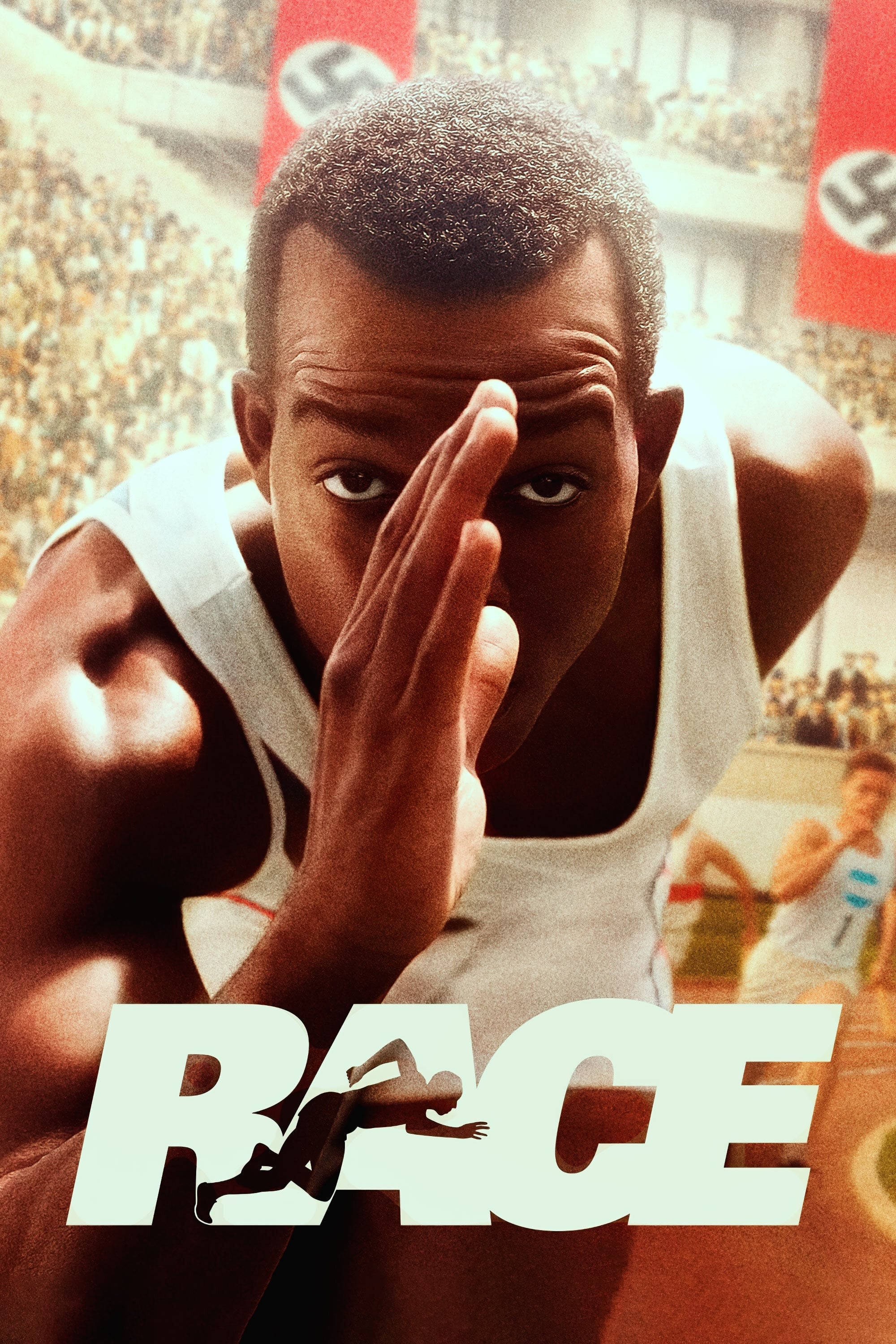
Based on the story of Jesse Owens, the athlete whose quest to become the greatest track and field athlete in history thrusts him onto the world stage of the 1936 Olympics, where he faces off against Adolf Hitler's vision of Aryan supremacy.
By browsing this website, you accept our cookies policy.